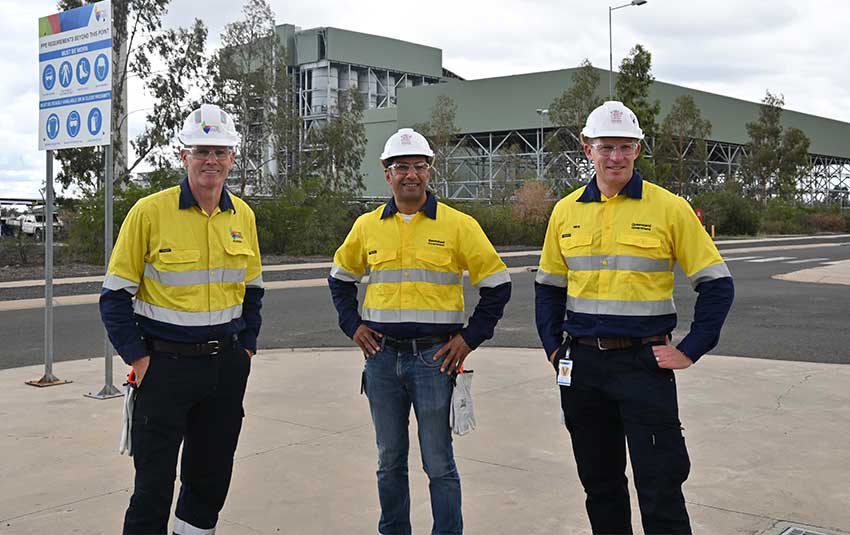Queensland continues to grow its reputation as an ideal location for renewable hydrogen projects following the announcement today of a partnership between government-owned CS Energy and IHI Corporation Japan.
The two companies will assess the feasibility of establishing a renewable hydrogen demonstration plant next to CS Energy’s Kogan Creek Power Station on Queensland’s Western Downs.
Minister for Renewables and Hydrogen Mick de Brenni said today’s announcement was the second hydrogen collaboration between Queensland and Japanese energy companies in the space of three months.
“Queensland has a unique competitive advantage in the production of renewable hydrogen, with our proximity to Asia, established infrastructure, manufacturing capabilities and renewable energy generation,” Mr de Brenni said.
“Our key strategic advantage in Queensland is our State-owned energy generators and ports.”
CS Energy and IHI Corporation will prepare a feasibility study into the Kogan Hydrogen Demonstration Plant concept, which includes the co-location of a solar farm, battery, hydrogen electrolyser and a hydrogen fuel cell at the Kogan Creek Power Station near Chinchilla.

Above: Minister de Brenni (right) learned more about the planned hydrogen demonstration plant when he visited Kogan Creek Power Station in December 2020. Also pictured are Assistant Minister for Hydrogen Development and the 50% Renewable Energy Target by 2030, Lance McCallum (middle) and CS Energy CEO Andrew Bills.
CS Energy CEO Andrew Bills said the demonstration project will focus on the hydrogen electrolyser being only powered by behind-the-meter solar energy, making it one of the few truly ‘green hydrogen’ projects in Australia.
“CS Energy is pursuing this project to ensure we have the technical capability to enter the hydrogen market once it becomes more commercially viable,” Mr Bills said.
“The project will prove up the virtual power plant, production of green hydrogen and use of a battery to facilitate renewables.
“The plant may also be able to provide other services like Frequency Control Ancillary Services, which are important for grid stability, and which will be scoped as part of the joint feasibility study.”
The demonstration project supports CS Energy’s revenue diversification strategy and follows the company’s involvement in QUT’s multi-party hydrogen process research and development project at Redlands.